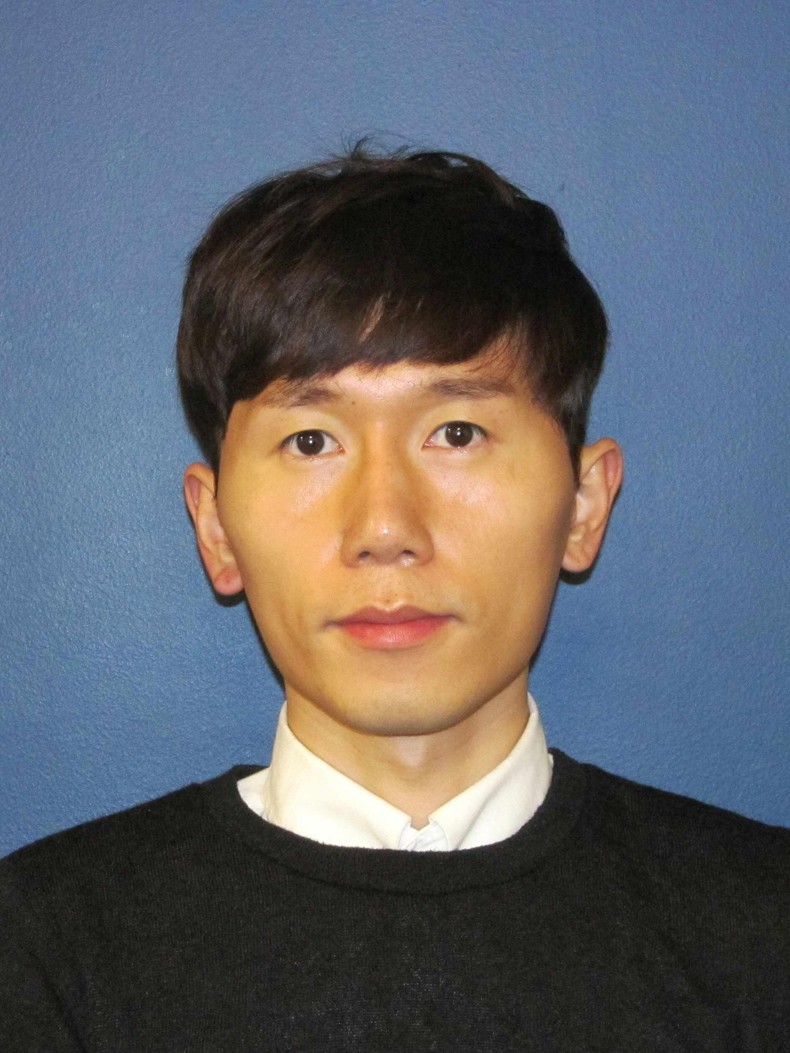- 글번호
- 949876
Prof. Ki Soo Park’s Team Develops a Rapid COVID-19 Diagnostic Technology
- 작성자
- 관리자
- 조회수
- 4544
- 등록일
- 2022.04.26
- 수정일
- 2022.04.26

A research team of Prof. Ki Soo Park (Department of Biological Engineering) developed a molecular diagnostic technology that can rapidly and precisely detect not just COVID-19 but new viruses in the future.
Prof. Park’s team succeeded in developing the technology by using isothermal nucleic acid amplification technology (INAAT) to detect COVID-19 and mutant viruses at once. INAAT is a technology that amplifies target nucleic acid at isothermal temperature without a repetitive temperature control process.
Meanwhile, polymerase chain reaction (PCR) molecular diagnostic technology requires a complicated process as it needs to control temperature multiple times and should only be tested in medical institutions where certain facilities are fully equipped. In order to replace the limitations of PCR, INNAT has been developed to reduce the number of temperature controls, yet, the detection stage was still complex since it needs temperature control before the reaction and at least two or more enzymes.
Unlike the existing nucleic acid amplification technology that detects a virus after transitioning RNA into DNA with enzymes, Prof. Park’s research team minimized the intermediate stage by introducing a structure that can directly detect RNA. They also developed a technology that makes a large amount of RNA in 30 minutes even at a constant temperature of 37 degrees by only using T7 RNA polymerase.
The research team led by Prof. Park confirmed the high COVID-19 sensitivity (96.7%) and specificity (100%) of 60 actual clinical samples secured from Prof. Hyun Jung Choi’s research team at Chonnam National University Hospital. Accordingly, it is expected to be used to detect various nucleic acid biomarkers such as viruses, bacteria and cancers.
Prof. Park said, “We expect to detect COVID-19 directly at the site since the new technology can find the virus at a certain temperature, unlike the existing nucleic acid diagnostic technology.”
The research was conducted with the support of the Excellent New Research Project by the Ministry of Science and ICT and the National Research Foundation, and the result was published online on March 31st in ‘Biosensors and Bioelectronics’, an international journal in the field of biosensors.